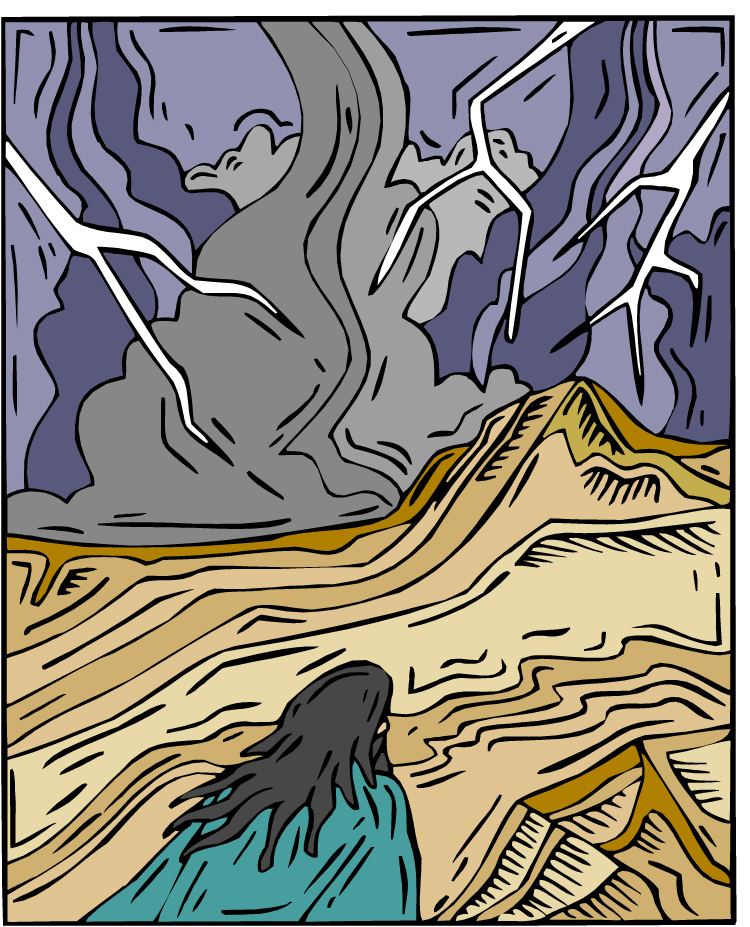A Wild and Crazy Place to Be
The spiritual Babylon of the church system is a warm and comfortable place in which to live. Within its comfort zones, it has fixed boundaries and clear delineations. When one steps out of the mainstream church system, however, and into a more Hebraic and Torah-pursuant spiritual orientation, it can becomes the shooting gallery of the wild, wild west of doctrines and ideas.
Outside the so-called organized church system, or churchianity for short, t’s a free-for-all wilderness of every man doing what’s right in his own eyes. In this wilderness outside of organized religion, one has to determine which church beliefs to hold on to and which ones are lies and unbiblical traditions our spiritual fathers have passed on down to us. Here one must learn to separate the spiritual wheat from the chaff. As one’s eyes are opened to the pro-Torah Hebrew roots of the Christian faith, there are many new ideas and doctrines to consider. When coming onward and upward to a fuller knowledge of the truth, one must determine priorities without falling prey to more false doctrines and legalism. This includes determining which biblical truths are the trunk of the tree issues, and which areas are the twigs and the branches.
In the midst of this confusion, there are many winds of doctrines blowing around capturing people’s attention. People often get sidetracked from the trunk of the tree issues and get hung up on nonessential issues. Paul warned about this.
That we henceforth be no more children, tossed to and fro, and carried about with every wind [violent agitation, very strong tempestuous wind] of doctrine [teaching, instruction], by the sleight [deception] of men, and cunning craftiness, whereby they lie in wait to deceive [to delude, lead astray from the right way]. (Eph 4:14)
If one is not grounded firmly on the foundation of essential biblical truths, one can get hung up on side-issues that can become nonessential pet doctrines. Those who fall prey to this tendency will often gravitate toward biblical teachers who agree with them. A pet doctrine Continue reading




